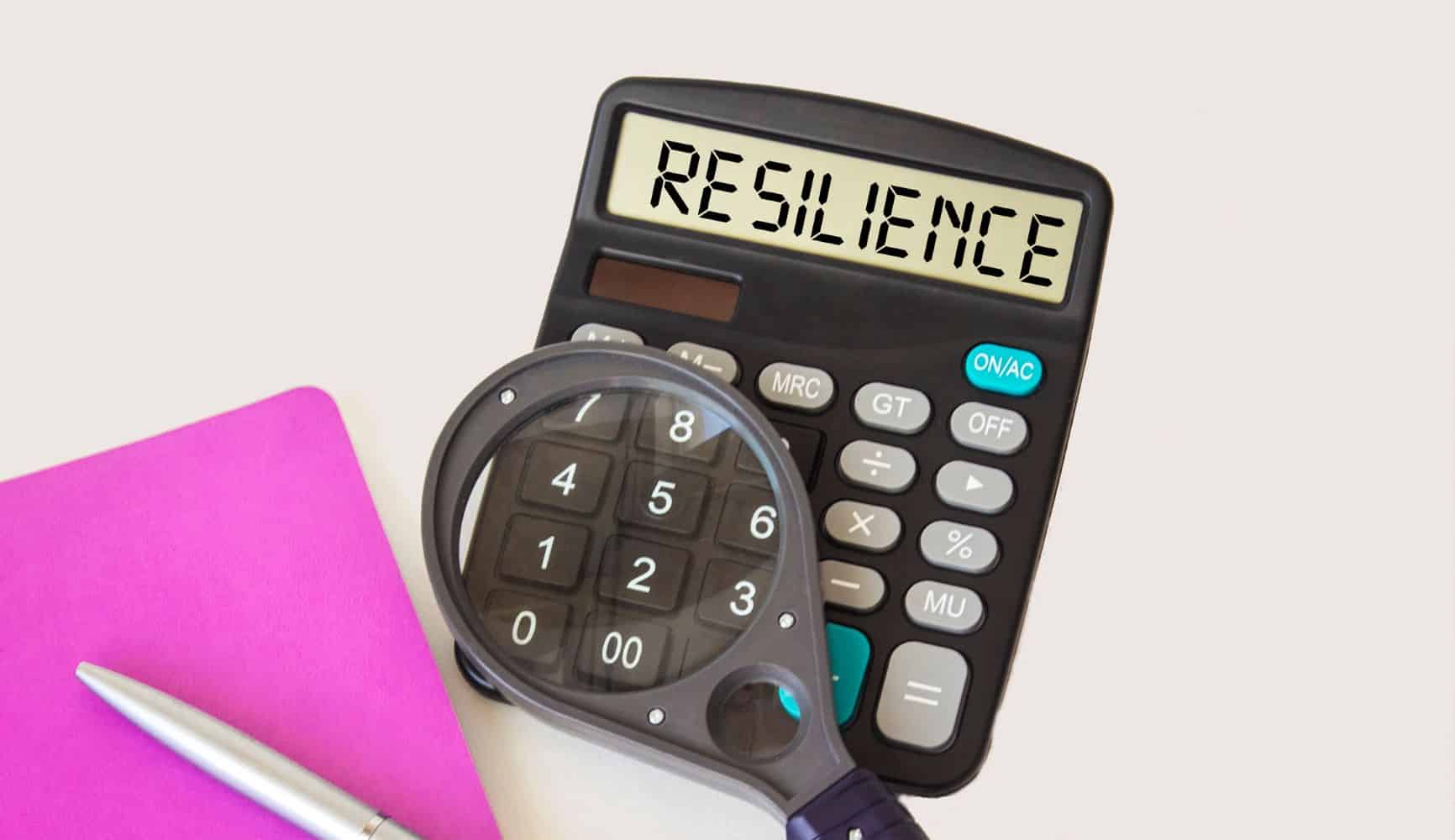With many adverse economic forecasts, it is a good idea for consumers to work on their financial future and build resilience now.
As the economy struggles due to domestic and international geopolitics, many South Africans need advice to improve their financial future.
More than 80% of middle-income South Africans have little or no emergency savings, with 27% having no accessible savings at all and over half holding less than a week’s take-home pay in reserve.
At the same time, rising living costs, high inflation and stubborn unemployment are squeezing household budgets, Zihaad Israfil, CEO of DFI Financial South Africa, says. “However, small changes, from tracking spending to using free learning tools, can help every South African improve their financial future.
“In an economic climate where rising costs affect millions, financial empowerment is no longer a nice-to-have, but essential. Too often, people believe that investing or even saving intelligently is only for the wealthy or financially educated. But financial success is built through education, consistency and the courage to take the first step.”
ALSO READ: Savings month: How to save like a millionaire – even if you are not one yet
He says anyone can improve their situation by shifting focus from fear to small, steady progress. In practical terms, he advises South Africans to start by mastering the basics: setting up a budget and knowing where every rand goes each month.
“Using a simple app or spreadsheet to track expenses can reveal unnecessary costs that can be trimmed. Cutting even small expenses can create breathing room to begin saving. With a budget in place, the next targets should be debt and savings.
“High-interest debt quietly eats away at financial progress,” he cautions. Paying more than the minimum on loans or credit cards can drastically reduce interest over time, freeing up cash flow.
Every household should have separate emergency fund
At the same time, Israfil says, every household should build an emergency fund. Even a modest cushion can prevent a small crisis from becoming a financial disaster. “Consistency is key. R500 invested every month may not seem like much, but it adds up over time with compound growth.”
He recommends automating transfers to savings or investment accounts by having a fixed amount move into savings as soon as your pay hits the bank, as this removes the temptation to spend first and helps savings grow by paying yourself first each month.
ALSO READ: Savings month: Here’s how to build your financial future brick by brick
With those financial foundations secure, South Africans can begin to think about growth. Israfil stresses that investing is not gambling or a quick-rich scheme. Today’s technology makes it easier than ever to start small. There are entry points for virtually every income level, from tax-free savings accounts to low-cost ETFs (Exchange Traded Funds) and retirement annuities.
He says the goal is not to chase market timing but to be consistent: even tiny amounts invested regularly can compound into a substantial nest egg over the years. And importantly, everyone can learn – no advanced degree is needed. “The more you understand, the more confident you become.”
Practical tips for resilience and a good financial future
To make progress, Israfil recommends these practical steps:
- Track your spending: Use a budgeting app or a simple spreadsheet to record every expense. This habit highlights areas where you might be overspending and frees up funds to reallocate to savings or debt.
- Save consistently: Start by setting aside a fixed amount each month. Automate it if possible, such as a transfer to a high interest savings account right after payday.
- Manage debt proactively: If you have existing loans or credit balances, make paying them off a priority. Even paying slightly more than the minimum each month reduces the repayment period and saves you significant amounts in interest over time.
- Join free financial webinars and workshops: Leverage educational sessions offered by banks, brokers, or community groups.
